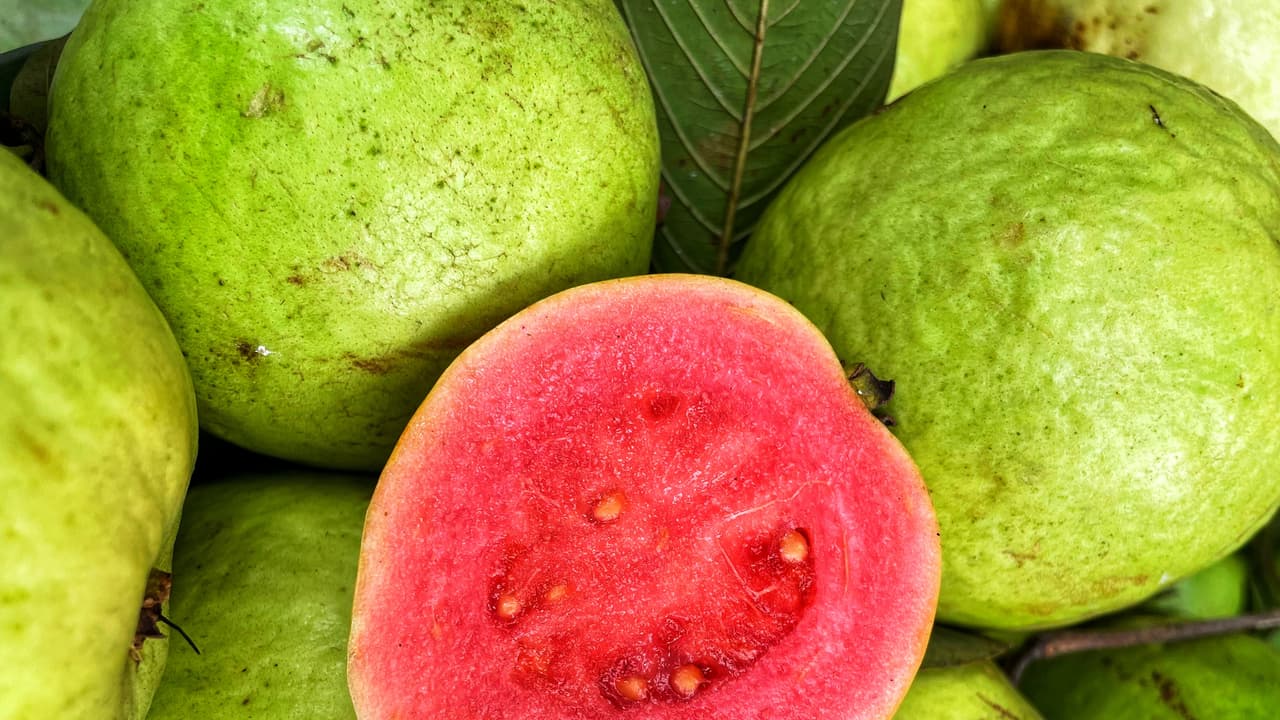Researchers at the University of Delaware have developed a low-cost method to synthesize guava plant molecules that show potential against liver cancer, offering hope for affordable, effective treatments worldwide.
Nature has always been a treasure trove of medicinal compounds, from willow bark inspiring aspirin to tropical plants providing new avenues for treatment. Now, scientists at the University of Delaware have uncovered a remarkable potential in an unexpected place: the guava plant. Their discovery could pave the way for low-cost, effective liver cancer treatments.
Turning Fruit into Medicine
Liver cancer remains one of the world’s deadliest cancers, with late-stage survival rates under 15% in the U.S. alone. Each year, tens of thousands of people are diagnosed, facing limited treatment options and costly therapies.
Chemists led by Associate Professor William Chain have found a way to replicate molecules naturally occurring in guava plants that show promise against liver cancer. Using a technique called natural product total synthesis, Chain and his team created a scalable, low-cost chemical pathway to produce these molecules in large quantities.
“Most approved medicines either come from nature or are based on natural compounds,” Chain explains. “But there aren’t enough natural resources to make enough treatments. Our method allows chemists anywhere to essentially follow a ‘recipe’ to create these molecules themselves.”
A Global Collaboration Opportunity
This breakthrough isn’t just about making molecules—it’s about opening doors to worldwide research collaboration. The synthetic pathway is easy to replicate, meaning scientists globally can test, improve, and adapt it to fight liver cancer and potentially other cancers as well.
“We are the first to pave this road,” says doctoral student Liam O’Grady, first author of the study published in the leading chemistry journal Angewandte Chemie. “Others can find shortcuts, optimize it, or expand it. We’ve shed light on a pathway that was previously unknown, and that’s the exciting part.”
Why This Matters
Liver and bile duct cancers are on the rise worldwide. In the U.S. alone in 2025, over 42,000 people are expected to be diagnosed, with more than 30,000 deaths projected. Chemotherapy costs are staggering, and outcomes for late-stage patients remain grim.
The ability to produce powerful, natural molecules cheaply and at scale could drastically reduce costs, improve access to treatments, and accelerate drug development. By providing a replicable “recipe,” the Delaware team has democratized access to a potentially life-saving therapy.
The University of Delaware team is now collaborating with the National Cancer Institute to explore the next steps, including testing whether the guava-derived molecules can combat other types of cancers.
This discovery underscores a powerful lesson: sometimes, nature holds the keys to humanity’s toughest health challenges, and with the right scientific approach, we can unlock them for the benefit of millions.
Through innovative chemistry, guava plants may hold the key to a new, affordable weapon against liver cancer—potentially changing the outlook for patients worldwide.
